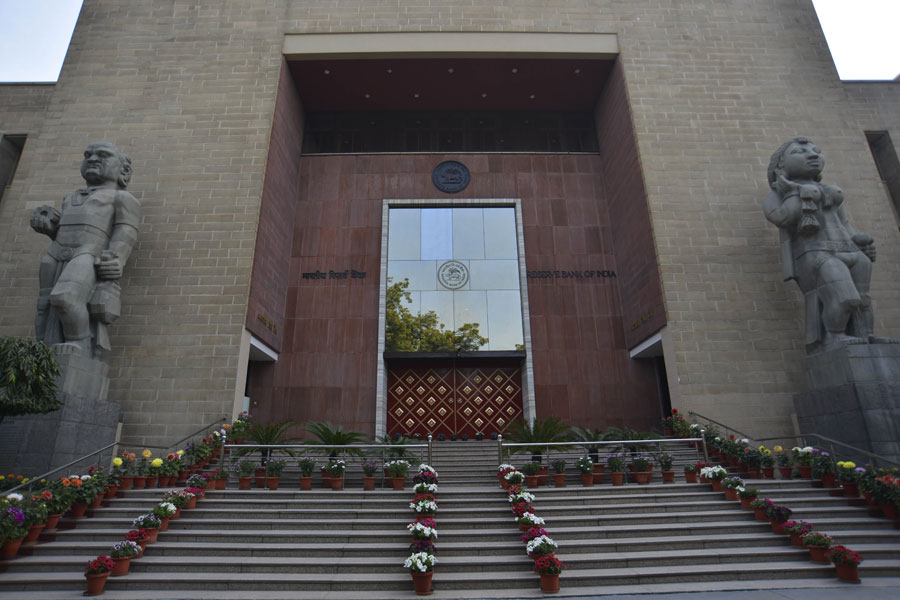A discussion paper of the Reserve Bank of India (RBI) has proposed regulating payment gateways and aggregators.
The paper also suggested that e-commerce marketplaces will have to segregate their operations related to payment gateways and aggregators.
In the paper that was released on Tuesday, the central bank has suggested three options — one being to continue with the current regime of indirect regulation and bring about minor changes. The other options are limited regulation, and full and direct regulation.
India’s central bank has been examining the possibility of regulating the payment gateway service providers and aggregators and had announced a discussion paper on them in its statement on development and regulatory policies in February. The paper would have comprehensive guidelines covering payments related activities and be in the public domain.
Some of the companies that offer such services include Paytm, PayU, CC Avenue and Razorpay.
The paper said the activities of the gateways and aggregators in online transactions were extremely crucial and they may be a source of risk in such a technology- and customer experience-intensive business if they have inadequate governance practices, which may impact customer confidence and experience.
It pointed out the customer, has very limited access to these entities and must rely on merchants or banks, who can only seek redress from the aggregators.
Lack of a proper redress mechanism and uniformity in practice across the entities is also a matter of concern. The discussion paper said the present system of indirect regulation of such intermediaries had withstood the test of time and over the last 10 years, no major complaints have been received on this arrangement.
The paper also outlined the steps that needed to be taken if the RBI opted for complete regulation.
The non-bank payment gateways and payment aggregators would require authorisation from the central bank under Payment & Settlement Systems Act, 2007.
The paper has proposed a minimum net worth of Rs 100 crore which has to be maintained at all times. Existing gateways and aggregators will have to meet the net-worth requirement, within one year of the release of the guidelines by the RBI.
Entities unable to comply with the net-worth requirement within the stipulated time frame need not apply for authorisation. They must wind-up their payment aggregation business within one year of the guidelines.
The entity should be professionally managed and that promoters of the company should satisfy the fit and proper criteria prescribed by the RBI.
The e-commerce marketplaces who offer payment gateway and aggregator services to other merchants should stop the activity within three months.
“If they desire to pursue this activity, it shall be separated from marketplace business and the separate entity shall comply with the regulations,” the document said.











